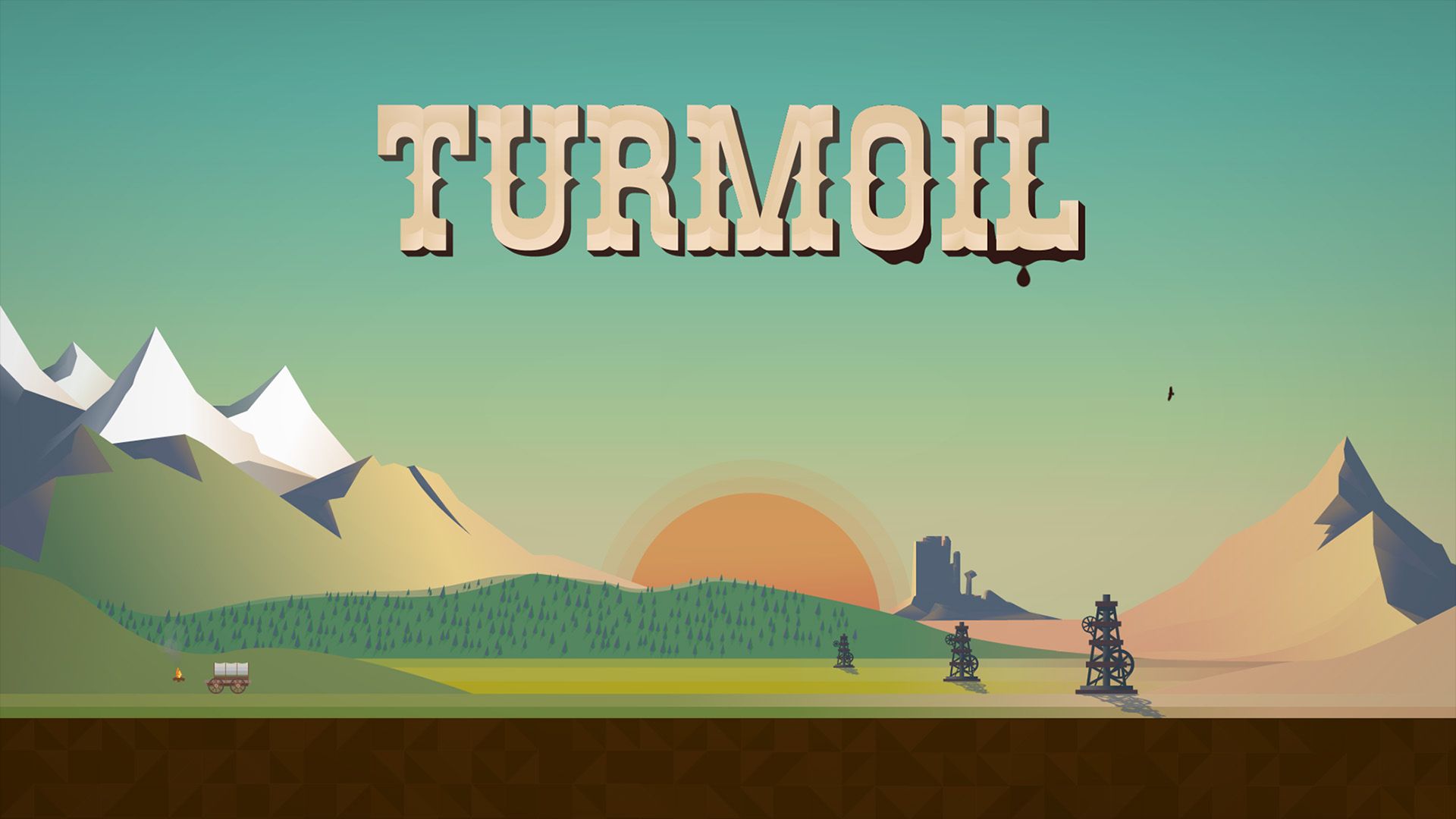Just 12 years ago, Tinder was born. The app democratized dating and gave people hope that their one true love was out there, somewhere — they just needed to swipe through a sea of profiles to find them. But on Valentine’s Day of this year, a federal class action lawsuit was filed against Match Group, the parent company that owns several popular dating apps, including Tinder, Hinge, OkCupid, and The League. The suit, filed by six plaintiffs, claims the apps gamify dating, encourage compulsive use, and turn users into “addicts” and “gamblers locked in a search for psychological rewards that Match makes elusive on purpose.”
In an email to POPSUGAR, a spokesperson from Match Group said: “This lawsuit is ridiculous and has zero merit. Our business model is not based on advertising or engagement metrics. We actively strive to get people on dates every day and off our apps. Anyone who states anything else doesn’t understand the purpose and mission of our entire industry.”
The notion that dating apps have addictive qualities isn’t new. For years, countless articles and studies have explored the way these apps use common behavioral strategies — like intermittent reinforcement, for example — to keep users swiping. And it’s not like they’ve been hiding it either: in a 2014 interview with Time, Tinder cofounder Sean Rad explicitly stated that the app was, well, not that serious. “We always saw Tinder, the interface, as a game. . . . Nobody joins Tinder because they’re looking for something,” he said. “They join because they want to have fun.”
While Rad — who is no longer affiliated with the company — has since been quoted saying Tinder users are in fact looking for love, the gamelike interface has prevailed. Copycat apps have since popped up and followed suit, replicating the easy swipe mechanics and embedding gamification into their DNA, ultimately bringing us here, more than a decade later, overwhelmed by apps and underwhelmed by the opportunities they’ve brought to us.
Laura Berman, PhD, a sex and relationships therapist, tells POPSUGAR that dating apps are high-stakes dopamine roller coasters. “Part of the problem is that nobody’s acknowledged the dark parts of it, other than the dangers of meeting someone online and not knowing who they are or being potentially catfished — that stuff has been talked about,” she says over the phone. “I don’t think people really understand and are conscious of how easily they can be sucked into the dopamine vortex of reward and punishment and that it can become a compulsion. It’s a compulsion that’s not only harmful to your brain and your psyche, but it’s harmful to your love life, potentially.”
Kelly, 26, has been trying to wean herself off of dating apps for the past two months after using them for two years. “It’s kind of like with social media, [you try] to be on it less but you open your phone and you just click on it when you’re waiting for the train or you’re waiting for whatever. It’s automatic,” she tells POPSUGAR. “I think it is addictive because you’re constantly like, ‘This will make me feel better,’ but it’s cheap thrills.”
Pascal Kadamani, 26, agrees. “I always thought of dating apps as a game, which is what I think, at least, makes them relatively addicting,” she tells POPSUGAR. Although she’s in a relationship now, Kadamani says when she was single, she’d find herself scrolling on Tinder more often than Instagram. “The notification definitely gives you an ego boost, a little serotonin.”
“We’re a greedy, greedy species and we just want more and more and more,” Kelly says. “So if you can have something always connected where you can always get more dates or more attention, we’re just going to hit that button, aren’t we? Like rats in a lab.”
Having the search for intimate connections be whittled down to an algorithmic game feels sneaky and insidious — even more so when users are baited into paying for them. Most of these apps operate on a “freemium” model, where downloading the app is free but users have access to premium features for a price, such as a Boost on Tinder or access to Hinge’s Standout section.
According to a 2023 report from Pew Research Center, roughly 35 percent of users have paid for features on dating apps and websites, and a 2023 Morgan Stanley study found the average paying user spends between $18 and $19 a month. For those who don’t pay, opportunities for finding love are allegedly kept behind a paywall. “I don’t think we need to say all dating apps are evil,” Dr. Berman says. “I think what’s happened is the good parts of them have been lost in the bad parts.”
But Match Group is a company, and companies need us to engage with their products to make money, or else they may cease to exist. And dating apps have somewhat delivered on their promises: according to another Pew Research Center survey, one in 10 partnered adults met their current significant other on a dating app or site. Technically, these apps aren’t explicitly promising a happily ever after — all they really can do is facilitate opportunities for social connections — so what do these companies owe users, if anything at all?
“When people think about something like Facebook or TikTok, I think it’s easier to accept that that’s a moneymaking operation because it’s like any other entertainment,” Kathryn Coduto, PhD, a researcher and assistant professor of media science at Boston University, tells POPSUGAR. “When you’re paying for Netflix, Hulu, or Spotify, you know what you’re getting. With dating apps, you’re on them to find some kind of romantic connection. I think that’s where people feel more uncomfortable with the addictive nature.”
Every single app currently downloaded on your phone is designed to keep you locked in and scrolling, whether it’s a dating app, a shopping app, social media, or yes, a literal game. The longer an app is able to keep you engaged, the more money it can earn from advertisers and in-app purchases.
If this is true, where are the outcries against Candy Crush or TikTok or virtually any other app that uses these tactics to keep your eyes glued to the screen and fingers poised, ready to tap-to-pay to keep the gratification coming? “Candy Crush isn’t telling you that it’s hiding your husband,” Shani Silver, a writer and podcaster whose work focuses on the mental health and well-being of single women, tells POPSUGAR. “A dating app is. A dating app is preying on a single person’s loneliness, a single person’s hope for their romantic future, a single person’s hope for a family. A game is not baiting you in with anything other than the game. A dating app is baiting you in with your future.
“Dating apps have been exploiting the hope and loneliness of single people for profit since they started charging money for dating apps. Anytime someone acknowledges that yes, this company hurts single people on purpose while taking their money, that is a big deal to me because I’ve been screaming about this on the internet since 2019. It’s not just about it being validating, it’s about it actually having the potential to affect genuine change.”
While commodifying the search for love is a byproduct of capitalism, that doesn’t mean it’s right or ethical or even working. But where do singles go from here? Can dating apps be saved, or are we going to be stuck swiping forever?
Silver says she wants accountability and safeguards on the apps, at the very least. “I want a dating app to look like a package of cigarettes, because you’re not allowed to sell cigarettes anymore without warning people what they’re going to do to you,” she says. “There are no warning labels whatsoever for what dating apps can do to single people, what they are doing to single people, and what they have done. I want them to be held accountable and I want actual change in the future that safeguards single people from being harmed financially, emotionally, mentally, and physically by dating apps.
“Dating is not capitalism’s business. Love is not capitalism’s business. I want single people to be left the hell alone, and I want our singlehood to stop being seen as a problem that somebody else is going to solve with a product that costs money.”
Kelly’s not so sure what could make the apps a better place. “I’m not a tech expert. I’m crap at math and algorithms, so I have no idea,” she says. “I don’t know how a dating app in a capitalist society, where its sole purpose is to make money and be a business, can operate on a fair, level playing field, so I don’t really know how it’s possible.”
Sure, the apps need to change — but there’s also power in the consumers’ hands, and that shouldn’t be forgotten. “Users have a lot of ability to decide how they engage with technology,” Dr. Coduto says. “I always get concerned when we act like the tech companies have all the power, because the more we say that then the more they maybe start to believe that.
“On one hand I do think dating apps owe greater clarity about what it is they can actually offer and accomplish. On the other hand, I think users need to have realistic expectations and remember that these are businesses. They are trying to make a profit, and they are delivering what they can with what’s around you.”
There’s no guarantees for what this lawsuit could bring and how it might affect the future of dating online, but dating app users may have more power than they think. Next time you’re compelled to swipe, take some time to yourself first — the apps aren’t going anywhere.
Elizabeth Gulino is a freelance journalist who specializes in topics relating to wellness, sex, relationships, work, money, lifestyle, and more. She spent four and a half years at Refinery29 as a senior writer and has worked for House Beautiful, Complex, and The Hollywood Reporter.

:quality(85):upscale()/2024/03/26/952/n/3019466/e13b8d5b660343527e5c58.90645713_.jpg)





